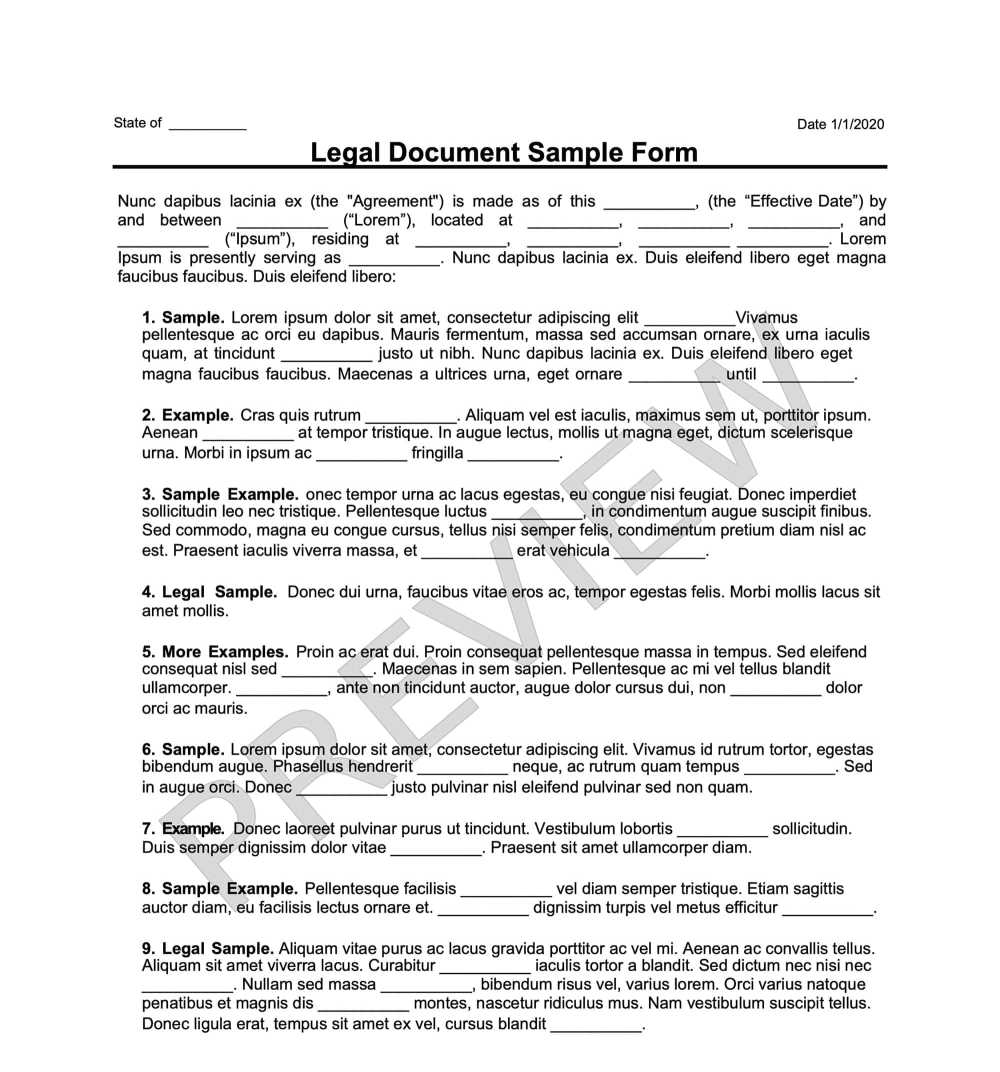General Service Agreement
An agreement for the provision of services by one party to another.


Frequently Asked Questions
Services Agreements can be signed digitally, which is now legally and widely recognized in the United States and many other parts of the world. You can create an agreement and forward it to your client via email or a web service. They can sign it digitally (such as online or on their computer with Adobe Acrobat) and return it to you by email or another digital means.
If one side wishes to break the contract, both parties can agree to redefine it. If that is not possible, then the party that’s reneging on the contract must do so according to the original agreement's terms and conditions. If a dispute occurs, the options are arbitration and the court, depending on the method of dispute resolution you select.
These clauses are optional but some are often included:
Confidentiality – This prevents the service provider from disclosing private information to a third party.
Assignment – The service provider agrees to not subcontract or assign the job to another entity unless approved by the client.
Time of the essence – The service provider is obligated to finish work within the specified time.
Modification of agreement – The original Services Agreement can be modified if both parties agree.
Severability – If one or several clauses in the Services Agreement are invalidated, the rest of the agreement remains valid.
Inurement – The responsibility and the rights do not end with either party’s death or ceased operation but rather transfer to the successor.




